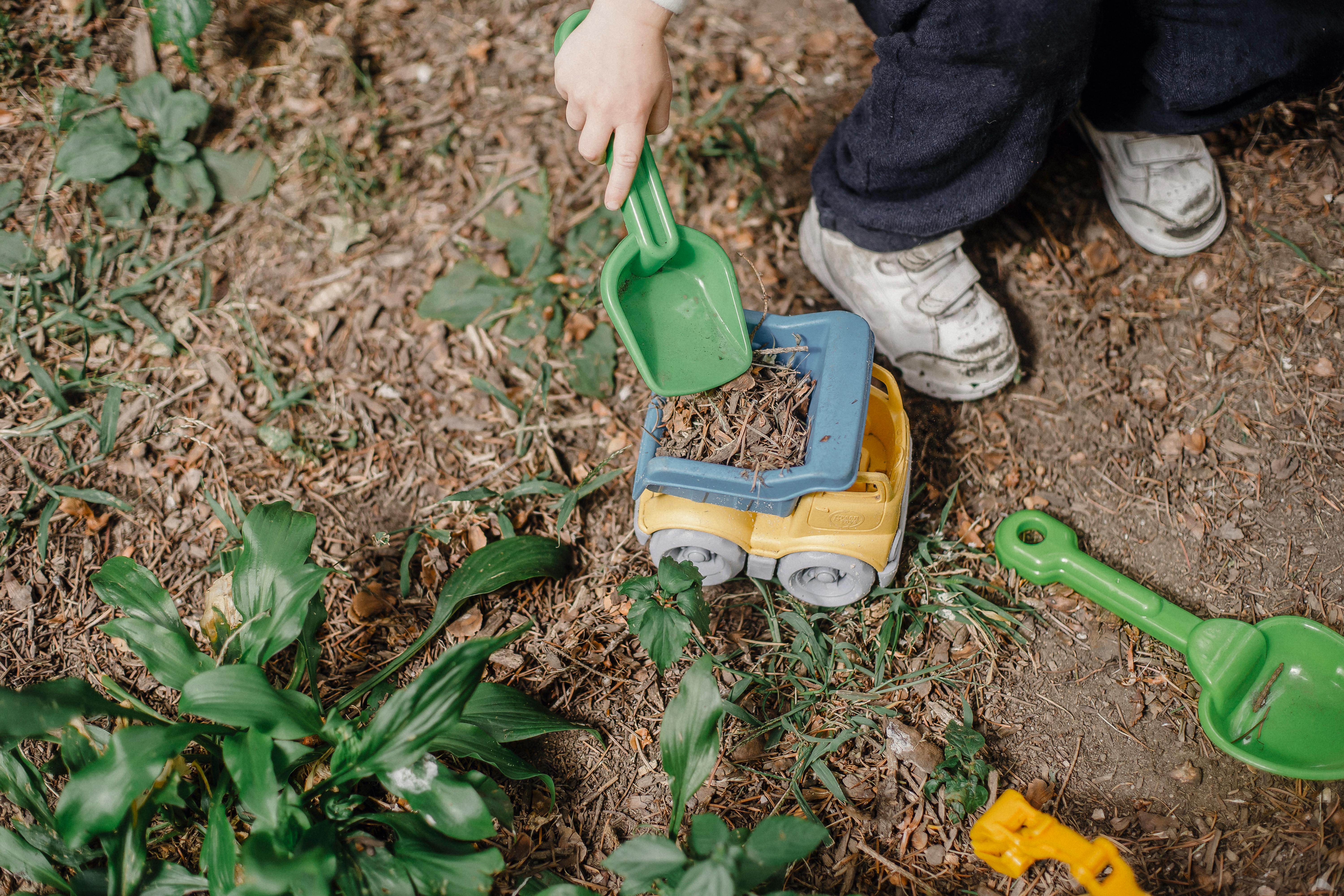After 20 years of concern about the status of girls raised by the women’s movement, some experts say it is the boys we need to pay attention to now. This crisis is one in which the traditional patriarchy lived by boys and men “is being transformed, leading men to generate a second discourse – of powerlessness and frustration – that differs markedly from the one [previous] confident displays of authority. “There are disturbing statistics to support this concern. Girls now outnumber boys entering college and boys are four times more likely to drop out of high school than girls. Four boys are diagnosed with emotional disorders for every girl Six boys are diagnosed with attention deficit disorder for every girl Boys commit suicide five times more than girls.
Up to 16% of children are diagnosed with some disruptive behavior disorder. Of those diagnosed with oppositional defiant disorder, 25-40% will develop conduct disorder and almost half of them will have antisocial personality disorder in adulthood. Behavioral disorders are characterized by instability in school, work, relationships, and finances. Behavioral disorders include problems such as bullying, intimidation, fighting, cruelty to people and animals, illegal possession of weapons, theft, drug use, truancy, running away, and arson. These children often have low self-esteem and are very unhappy.
Economically, behavioral disorders cost society as a whole a great deal. Thirty percent of general practitioner visits are for behavioral problems and are present in 28% of pediatric outpatient referrals. The education of children with behavior problems often requires placement in special schools with a low teacher-to-pupil ratio and constant supervision that increases the costs of their education. Law enforcement, probation, and social services spend a great deal of energy and money fighting crime and its effects. There are also the costs of property damage, medical bills for personal injury, and the subsequent costs of unemployment, welfare, and maintaining the prison system.
If left untreated in adolescence, adult manifestations of behavioral disorders may include alcoholism, depression, drug addiction, antisocial personality disorder, theft, illegal carrying and use of weapons, violence towards self, others and property , drunk driving, vandalism, unemployment, child abuse, divorce and spousal violence.
But don’t let all these stats put you off! Let them inspire you to have children who never face these problems because there is a lot that parents can do to help their children.
Don’t embarrass them
One of the most important things is that parents avoid embarrassing them. Many parents are very hard on their children because children need to be “tough” to survive in our world. This is certainly true; However, when children feel bad about their emotions or need for support, it actually weakens rather than strengthens them. Children who seem to be able to handle the difficult world they live in without problems are actually more in touch with their emotions than withdrawn, antisocial, nerdy, and bullied children.
Work first on yourself, then on your relationship with your child
Many parents are exasperated with their children, but often their children’s problems come from their parents. Nobody wants to admit that they have problems and, worse, their problems are affecting their children. When you are fighting unpleasantly with your spouse, yelling at your children or (God forbid) abusing them, a workaholic who is never home or the silent parent who is physically at home but not emotionally at home, is it any surprise that your child is going crazy? in trouble? Which brings us to the next topic.
Recognize the signs of depression in children.
There are many reasons for depression in children: divorce, death of a loved one, school delay, chemical imbalances, etc. When people think of depression, they usually think of someone sad, listless, who cries a lot. However, in our culture children are not allowed to act like this (they have to be tough), so they express their sadness with anger. They act instead of acting. Signs of male depression are: getting into trouble, fighting, breaking things, wearing black, self-destructive behaviors, yelling, etc. A child who acts like this is not a “troublemaker,” “opponent,” “defiant,” or just plain bad, but is depressed, sad, lonely, and desperately in need of someone to help him.
Spend time with your boys and let them know that you love them.
Our children are desperate to spend time with us. Yes, even our spoiled teenagers who claim we shame them. Young people who are at risk are afraid. They fear that if they open up and tell their parents that they need their love and attention, they will be rejected, just as the rest of us fear. As parents, we must realize that our children need our love and attention no matter what they say. And really, the more our children say they don’t need our love, the more they need it.



